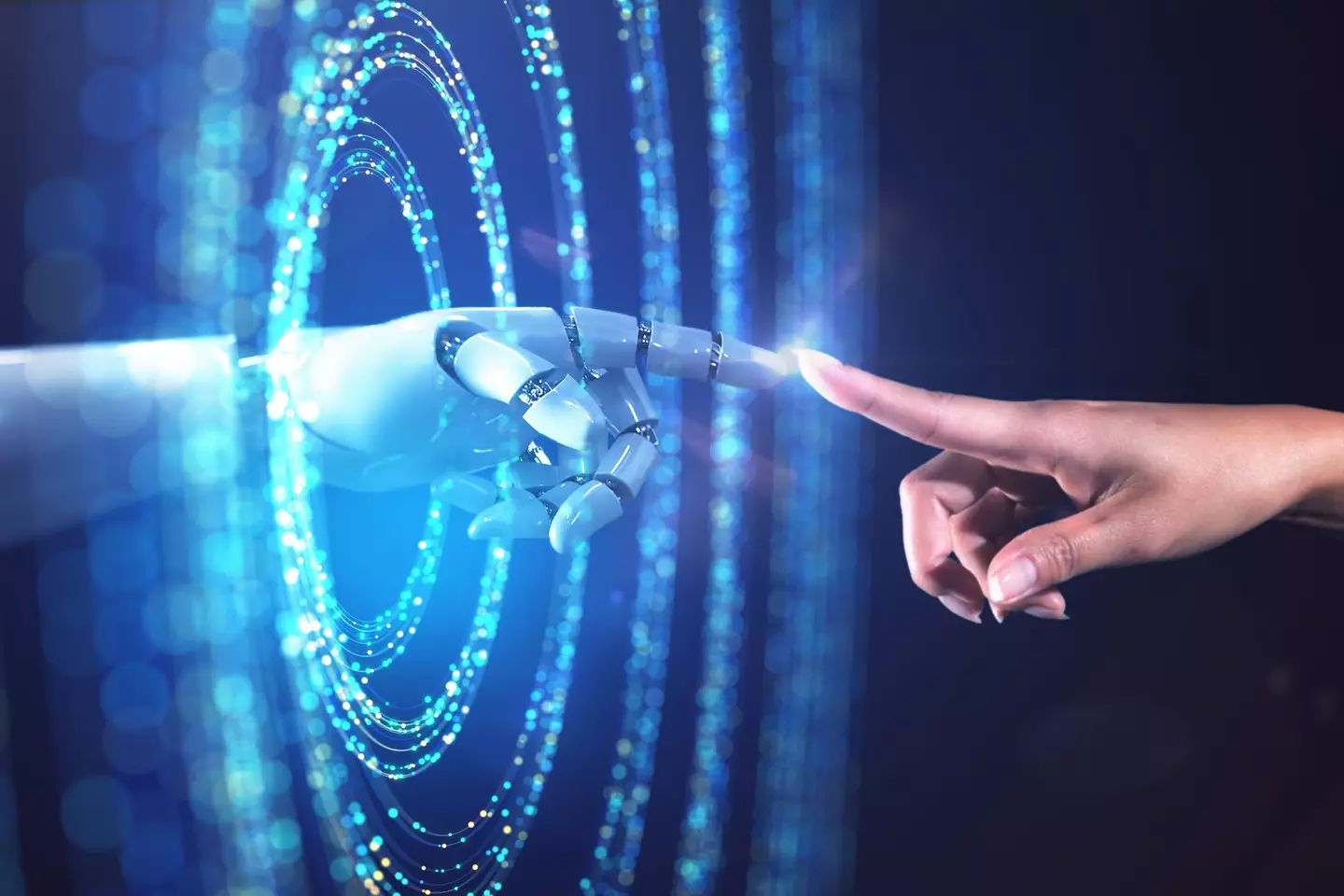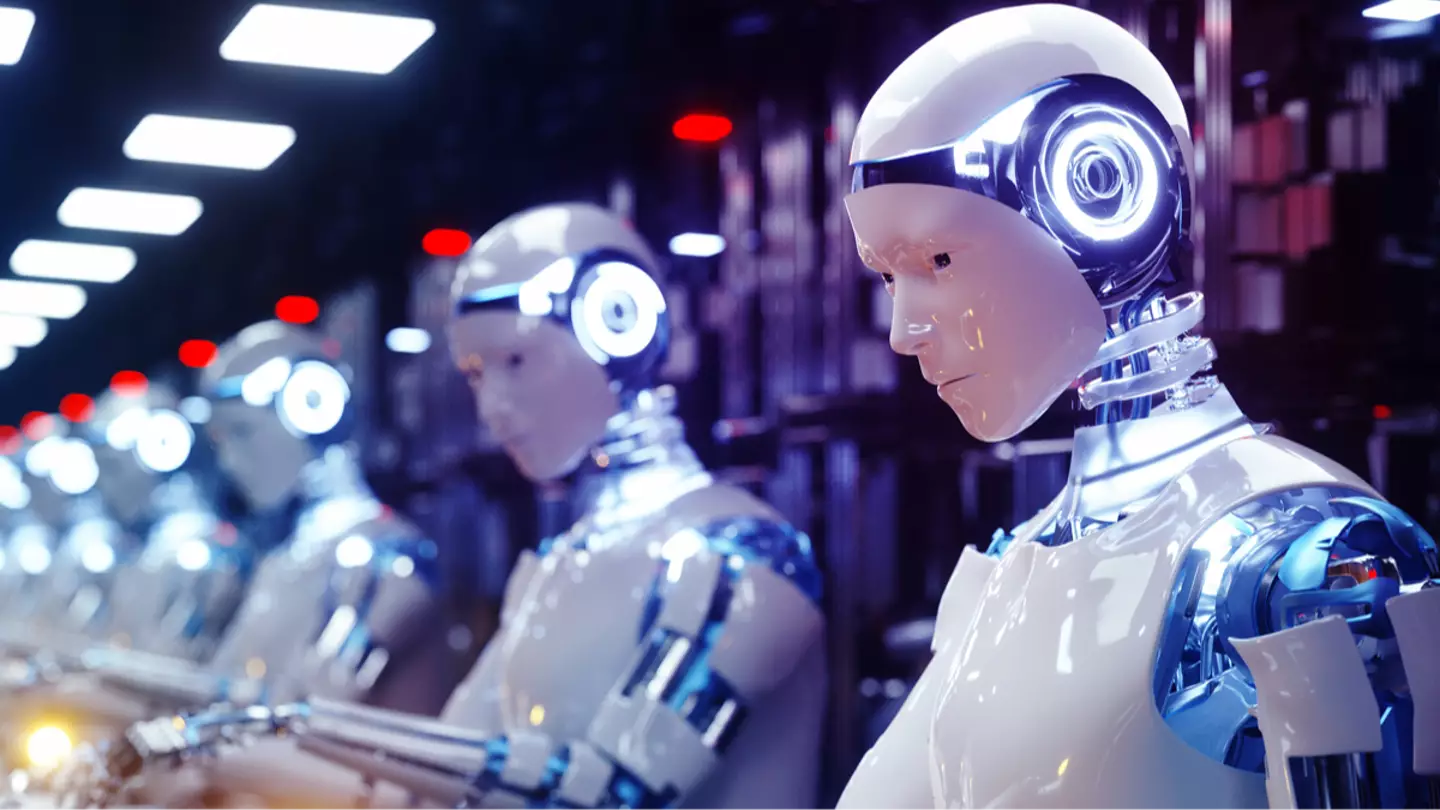A recent study has spotlighted 44 professions that may be replaced by artificial intelligence (AI), in light of Bill Gates’ predictions about the jobs that could be eliminated initially.
In the last few years, advancements in technology have led to an increased focus on AI and its applications in various industries, as well as its use by the general public.
With ChatGPT gaining popularity, concerns about AI potentially displacing human workers are becoming more prevalent.
OpenAI, the organization behind ChatGPT, has conducted research to identify which jobs are most likely to vanish as AI technology develops.
Their team utilized a specific evaluation called GDPval to compare technology’s capabilities with human workers across nine sectors in the US, assessing whether AI could take over the tasks currently performed by humans.

The findings? A total of 44 job types are at risk as AI becomes more integrated into daily life.
Jobs such as software developers, private investigators, and sales managers might disappear, alongside professions like film and video editors, and even lawyers.
Here’s the full list of 44 jobs:

These occupations are categorized into sectors such as real estate, government, manufacturing, professional services, health and social care, finance and insurance, retail trade, and information.
OpenAI’s analysis showed how AI’s performance surpasses human capability, with varying success rates across different categories.
For instance, real estate and renting had a ‘win rate’ of 49 percent, while government services achieved 52 percent.
On the lower end, fields like information, including roles like reporters and video editors, had a 33 percent ‘win score’.
OpenAI selected these nine industries based on their contributions of over 5 percent to the US GDP, using data from the Federal Reserve Bank of St. Louis.
In a related discussion, Bill Gates has shared his perspective on the jobs likely to withstand AI’s progress for the time being, highlighting coders, energy experts, and biologists.
On the other hand, jobs in data and administration, customer service, and assembly lines could be among the first affected by this transformative technology.

